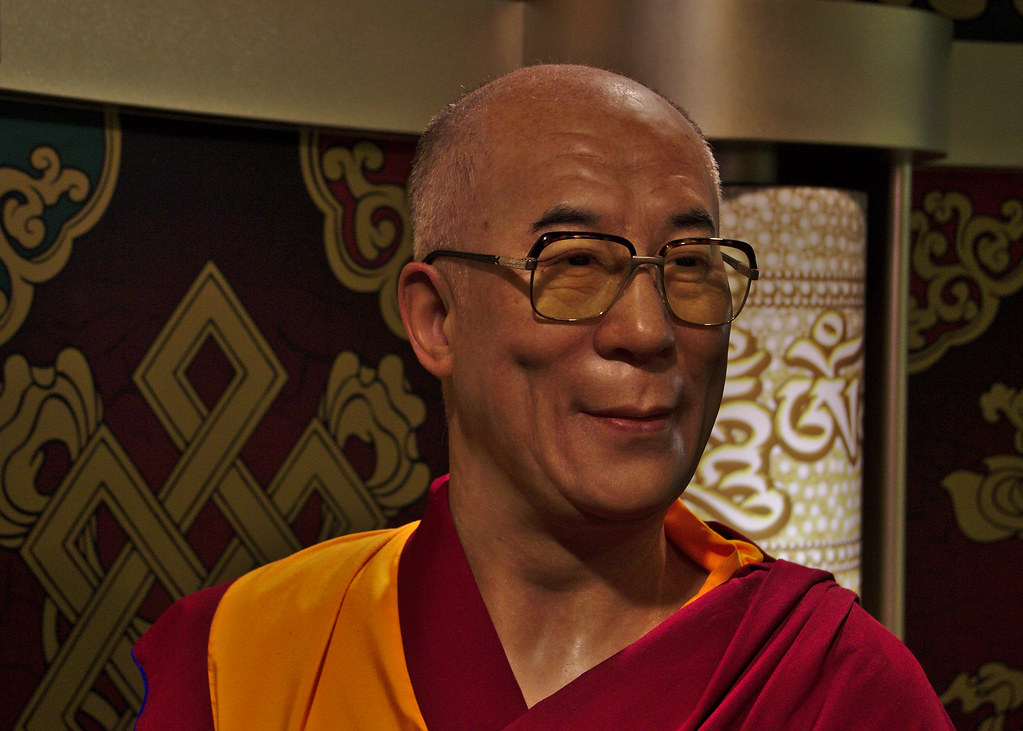China cries foul over US plan to take Dalai Lama's succession issue to UN

- Country:
- China
China on Monday objected to the US' plan to take up the issue of the Dalai Lama's successor to the United Nations, accusing Washington of "misusing" the world body to interfere in its internal affairs. China has been asserting that its assent to the Dalai Lama's successor is a must as the Tibetan spiritual leader turned 84 in July this year.
Sam Brownback, the US ambassador-at-large for international religious freedom who recently met the Dalai Lama at Dharamsala, said the US wanted the UN to take up the Dalai Lama's succession issue. While China, with its veto power in the UN Security Council, would try to block any action, Brownback said the other countries could at least raise their voices at the United Nations.
"I think it's really important to have an early global conversation because this is a global figure with a global impact," Brownback was quoted by media reports as saying. Asked for his reaction to Brownback's comments, Chinese Foreign Ministry spokesman Geng Shuang told a media briefing here that the "UN is a platform for international cooperation".
"The US is using the UN to interfere in China's internal affairs. This is against the purposes and principles of the UN charter. It is doomed to fail" and provoke opposition from the world, he said. "The 14th Dalai Lama is a political exile who has long been carrying out anti-China activities overseas using religion as a cover," Geng said.
China firmly opposes any contact with the Dalai Lama by any foreign official, he said. "The reincarnation of Living Buddhas as a unique institution of succession in the Tibetan Buddhism is governed by fixed rituals and historic conventions," he said.
"The Chinese government implements the policy of freedom of religious belief. The reincarnation system is respected and protected by Regulations on Religious Affairs and the measures on the Management of the Reincarnation of Living Buddhas," he said. "The institution of reincarnation of the Dalai Lama has been in existence for several hundred years. The 14th (present) Dalai Lama himself was found and recognized following religious rituals and historical conventions and his succession was approved by the then central government. Therefore, the reincarnation of living Buddhas including the Dalai Lama must comply with Chinese laws and regulations, follow religious rituals and historical conventions," Geng said.
In recent months, the Trump administration has stepped up the pressure on China to relax controls over Tibet. In May, China rejected the US envoy to Beijing Terry Branstad's call to hold unconditional dialogue with the Dalai Lama.
Branstad, who was granted rare permission to visit Tibet after the US raised objections to the restrictions to its diplomats and journalists to Tibet, asked China to "engage in substantive dialogue with the Dalai Lama or his representatives, without preconditions, to seek a settlement that resolves differences." "He also expressed concerns regarding the Chinese government's interference in Tibetan Buddhists’ freedom to organize and practice their religion," a spokesperson of the US Embassy in Beijing was quoted as saying after the envoy's visit to Tibet.
Branstad was the first US envoy to visit Tibet since 2015.
(This story has not been edited by Devdiscourse staff and is auto-generated from a syndicated feed.)
ALSO READ
UN Security Council fails to condemn strike on Iran in Syria
UN Security Council refers Palestinian application to become full UN member to committee
UN Security Council meeting briefly interrupted due to rare earthquake in New York
UN Security Council refers Palestinian application to become full UN member to committee
UN Security Council meeting briefly interrupted due to rare earthquake in New York










